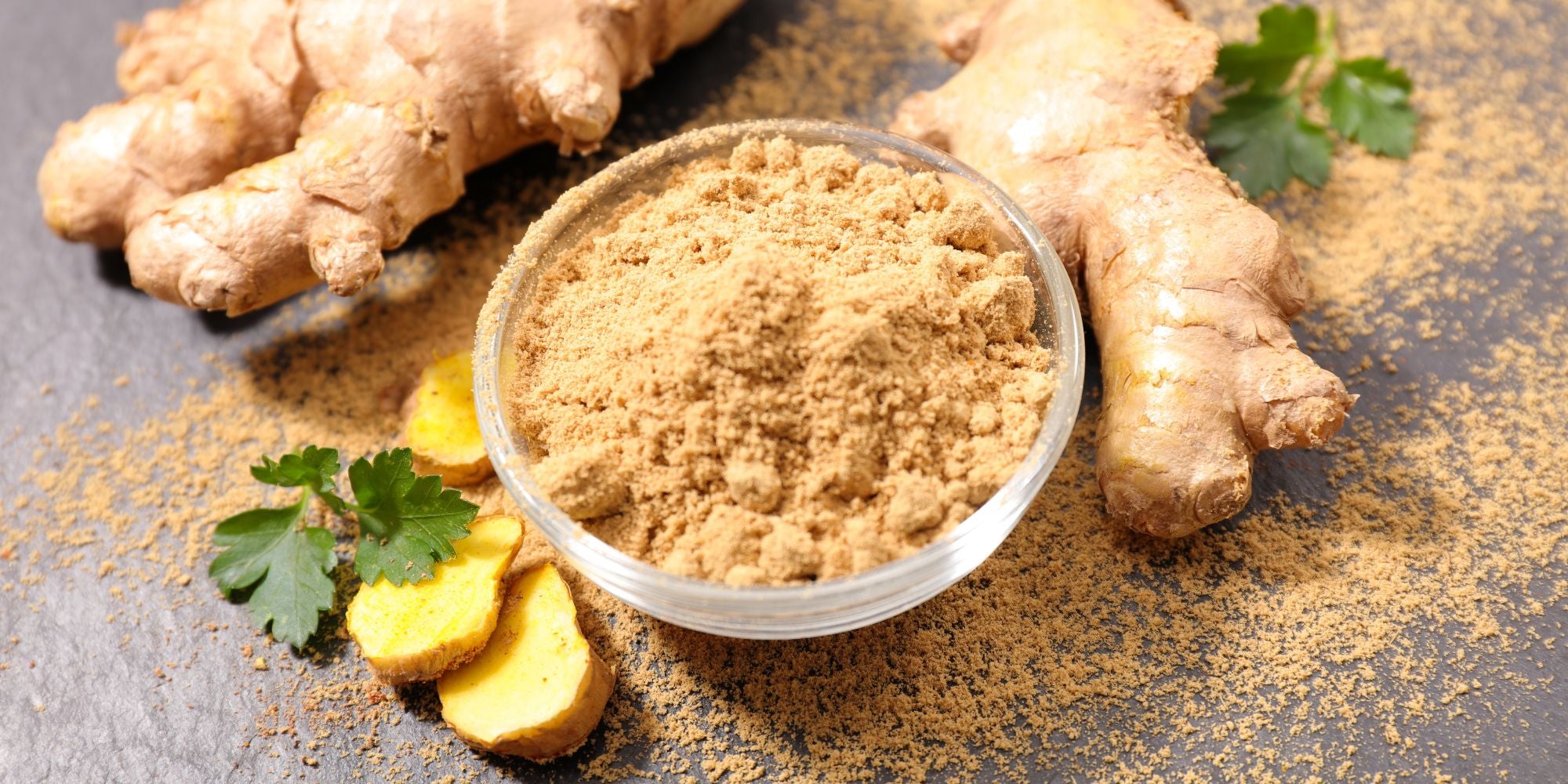
Ginger is used as a food spice, flavoring, and supplementation, but does ginger help with altitude sickness? We investigated if ginger will help with high altitudes and we'll share with you everything you need to know.
Ginger is a plant that has been used as a medicinal herb for thousands of years, with a long history of use in traditional Chinese medicine and is also used in Ayurvedic medicine.
Ginger has been shown to have anti-inflammatory and antioxidant properties, so would it help altitude sickness too? We'll show you the scientific evidence behind ginger to answer that question below.
The short answer is ─ ginger potentially could help with altitude sickness, but more likely to support the body in high altitudes.
The longer answer is that there are a lot of factors that go into altitude sickness and ginger may play just one important role.
Ginger is known to have many health benefits, including anti-inflammatory properties and anti-oxidative properties.²
In Traditional Chinese Medicine (TCM), ginger is known for restoring balance in the gastrointestinal system including the spleen and stomach referred to as Middle Jiao, therefore helping upset stomachs and nausea.³
These are reasons ginger may be beneficial for altitude sickness, and below is our summary of research on Ginger for altitude sickness:
In conclusion, although these studies are not specifically done on altitude sickness and we found it hard to find any altitude studies done on ginger ─ these noted studies on ginger benefits all highly correlate to altitude sickness and its specific symptoms.
Therefore, ginger may help altitude sickness via helping oxidative stress and inflammation, as well as fighting nausea, vomiting, and headaches.
In addition to studies and ancient medicine showing ginger's many benefits, experts have weighed in on using ginger for altitude sickness.
The combination of these expert opinions confirm ginger can be effective for altitude sickness.
Ginger comes in various forms that you can take for altitude sickness including capsules, candies (chews), teas, tinctures, or raw.
According to MD Linda White, a good dosage of ginger for altitude sickness is 500 mg four times a day.⁸
An easy-to-take ginger candy chews is made by the Ginger People, although high in sugar, it does contain natural ginger you can take on-the-go.
Altitude sickness ─ also known as acute mountain sickness or mountain sickness ─ happens when oxygen decreases at high elevations in which your body can't adapt to quickly.
Low oxygen levels in the body, called hypoxia, can cause symptoms like headache, nausea and fatigue in most people who travel to high altitudes.
Altitude sickness symptoms include:
Ginger is touted to be an herbal remedy for some of these altitude sickness symptoms.
Among ginger, there are many other herbs that have evidence to help altitude sickness.
If you're planning a trip to the mountains ─ such as skiing, climbing, hiking, or vacationing ─ take a look at these herbs for altitude sickness.
Here's 5 Herbs That Can Help With High Altitude Sickness:
These are significant herbs found in clinical studies to aid the body in low oxygen levels and potentially with altitude sickness.

Zaca Chewables are a natural supplement specially formulated to help you rehydrate, replenish, and recover. These fast-acting chewables contain a mix of vitamins, minerals and herbs ─ including Glutathione, DHM-containing Japanese Raisin, and Glutamine. With these powerful antioxidants to fight off oxidative stress, it is popular among travelers, climbers, and athletes. Packaged in on-the-go packets, simply take 2-4 chewables per day while traveling. Try Zaca Chewable Supplement today and power your next mountain trip.
1. Herbal Medicine: The Amazing and Mighty Ginger
https://www.ncbi.nlm.nih.gov/books/NBK92775/#
2. Anti-Oxidative and Anti-Inflammatory Effects of Ginger in Health and Physical Activity: Review of Current Evidence
https://www.ncbi.nlm.nih.gov/pmc/articles/PMC3665023/
3. The Many Health Benefits of Ginger
https://tamaratcm.com/health-benefits-of-ginger/
4. A randomized comparison of ginger and dimenhydrinate in the treatment of nausea and vomiting in pregnancy
https://pubmed.ncbi.nlm.nih.gov/17957907/
5. The Effectiveness of Ginger in the Prevention of Nausea and Vomiting during Pregnancy and Chemotherapy
https://www.ncbi.nlm.nih.gov/pmc/articles/PMC4818021/
6. Comparison between the efficacy of ginger and sumatriptan in the ablative treatment of the common migraine
https://pubmed.ncbi.nlm.nih.gov/23657930/
7. Traveling into Thin Air: Altitude Sickness Prevention (+ 4 Natural Treatments)
https://draxe.com/health/altitude-sickness/
8. Problems on high: Rising to the challenge of altitude sickness
https://archive.seattletimes.com/archive/?date=20000227&slug=4006946
9. How To Overcome Altitude Mountain Sickness While Trekking In Nepal?
https://www.escapehimalaya.com/how-to-overcome-altitude-mountain-sickness-while-trekking-in-nepal/
10. Effect of high altitude (7,620 m) exposure on glutathione and related metabolism in rats
https://pubmed.ncbi.nlm.nih.gov/11320641/
11. The Possible Importance of Glutamine Supplementation to Mood and Cognition in Hypoxia from High Altitude
https://www.ncbi.nlm.nih.gov/pmc/articles/PMC7760805/
12. Ginkgo biloba decreases acute mountain sickness in people ascending to high altitude at Ollagüe (3696 m) in northern Chile
https://pubmed.ncbi.nlm.nih.gov/18076292/
13. Dihydromyricetin Improves Physical Performance under Simulated High Altitude
https://journals.lww.com/acsm-msse/fulltext/2014/11000/Dihydromyricetin_Improves_Physical_Performance.6.aspx
14. The Downside of Altitude
https://www.thomsontreks.com/blog/tips-for-altitude-and-digestion/
Copy the coupon code & use it at checkout